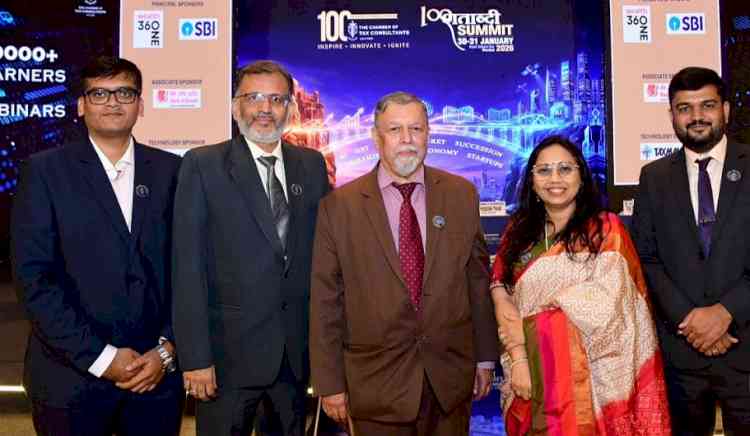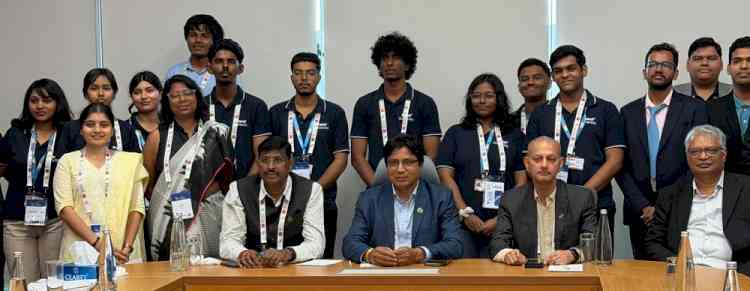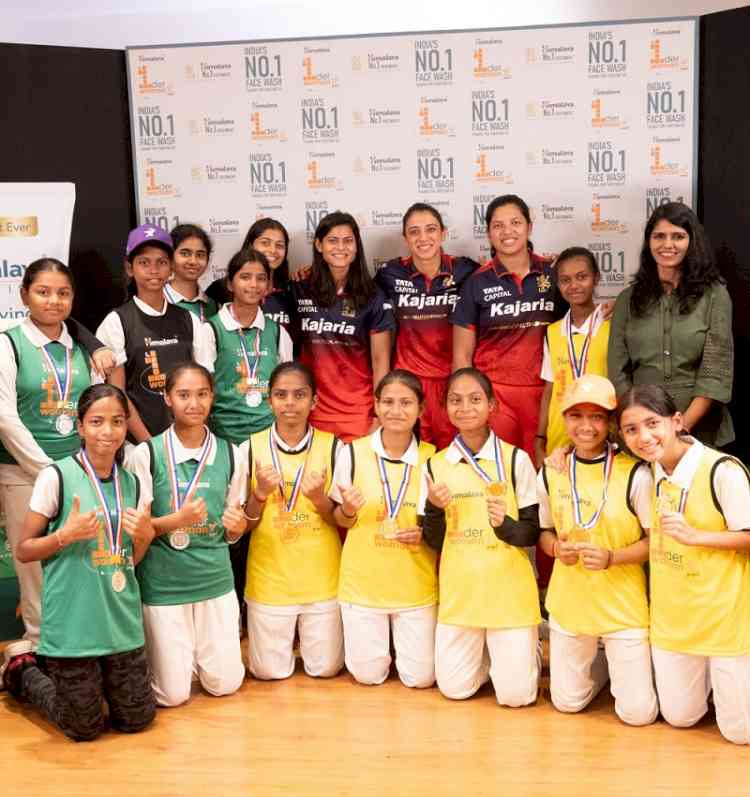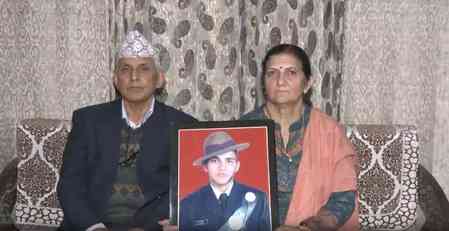Awareness rally by the blood bank of Sahyadri Hospitals on World Thalassemia Day
Patients, their families, the medical fraternity, along with the Society of Blood Transfusion and Immunohematology and the Thalassemia Society Pune Chapter, come together for the rally.
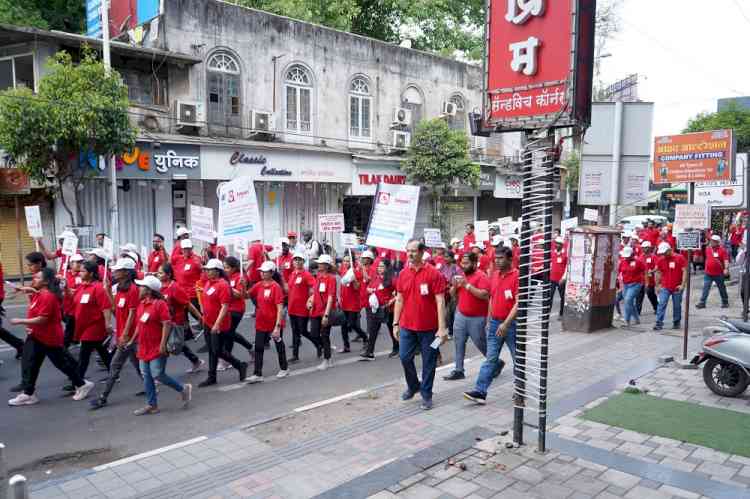
Pune, May 8, 2025: India, often referred as the capital of thalassemia patients, faces a significant lack of awareness about this genetic disorder. Every year, approximately ten to twelve thousand children are born with thalassemia in the country. This blood disorder not only impacts the physical health of patients but also has profound effects on their mental, economic, and social well-being, making it a pressing social health issue. To achieve the vision of a 'Thalassemia-free India' by 2035, it is crucial to raise awareness and encourage preventive measures. On the occasion of World Thalassemia Day, an awareness rally was organized by the blood bank of Sahyadri Hospitals, in collaboration with the Indian Society of Blood Transfusion and Immunohematology (ISBTI) and the Thalassemia Society Pune Chapter (TSPC).
This was the first initiative of its kind in Pune city, witnessing enthusiastic participation from doctors, medical staff, numerous children suffering from thalassemia, and their parents. The rally, part of the 'Thalassemia-free India' campaign, commenced at 7:30 AM from Sahyadri Super Specialty Hospital, Deccan Gymkhana, and concluded at Shaniwar Wada, passing through Lakdi Pul, Tilak Road, and Bajirao Road.
Prominent participants in the rally included Girish Hukare, Joint Commissioner of Food and Drug Administration (FDA) Pune; Dr. Sunil Rao, COO and Medical Director of Sahyadri Group of Hospitals; Dr. Neeta Munshi, President of Thalassemia Society Pune Chapter (TSPC); Dr. Dilip Wani, President of the Indian Society of Blood Transfusion and Immunohematology (ISBTI); Dr. Purnima Rao, Sr Consultant of Blood Bank at Sahyadri Hospitals and Secretary ISBTI Maharashtra Chapter and Dr Smita Joshi, HOD of Blood Bank, Sahyadri Super Speciality Hospitals, Deccan Gymkhana and Treasurer of ISBTI Maharashtra Chapter. Additionally, renowned RJ Sangram Khopade from Big FM also marked his presence at this social initiative.
Addressing the gathering, Girish Hukare, remarked, "Thalassemia presents a lifelong challenge for patients and their families, with prevention being the only effective cure. The government currently provides free blood and medicines to thalassemia patients. Utilizing these government facilities to their fullest and raising awareness about this disease are crucial steps towards achieving a Thalassemia-free India."
Speaking on the occasion, Dr. Sunil Rao stated, "Thalassemia is a genetic blood disorder. Even if parents exhibit mild symptoms, their children can develop severe thalassemia. Genetic defects affect children's haemoglobin production and reduce the lifespan of their red blood cells. Consequently, these children require at least one unit of blood every 21 days. We take great pride in the fact that for over 15 years, our blood bank and staff has been providing comprehensive medical assistance to thalassemia patients."
Dr. Neeta Munshi, stated, "Currently, Pune has over 1,000 thalassemia patients, with the numbers rising each month. Our aim is to make Pune thalassemia-free by 2030 and the entire country by 2035. To achieve this, it is essential to focus on prevention by conducting appropriate tests before marriage or planning a child, thereby preventing the transmission of this disease to future generations."
Dr. Dilip Wani, stressed the importance of collaboration among hospitals, blood banks, social organizations, and patients and their families to address this health issue and achieve a thalassemia-free India.
Dr. Purnima Rao expressed her gratitude to the attendees. She emphasized the critical role of blood transfusion treatments for thalassemia patients and highlighted the necessity of frequent blood donation drives across the city to ensure that economically disadvantaged patients receive the essential care they need.
Collectively, the attendees were urged to create awareness in society and actively participate in achieving the dream of a Thalassemia-free India and building a patient-centered future. Furthermore, Sahyadri Hospitals will be organizing Continuous Medical Education for blood banks and the medical fraternity to support this cause.


 City Air News
City Air News 
